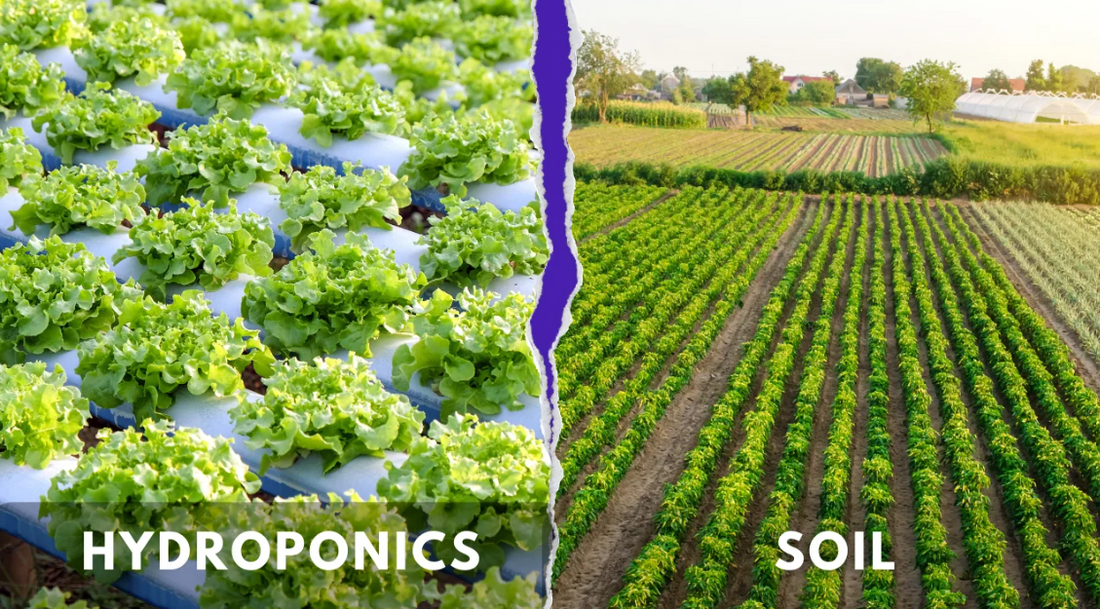
Why Hydroponics? The Future of Sustainable Farming in the Caribbean
Share
Hydroponics is revolutionizing sustainable agriculture in the Caribbean, where arable land is scarce and food imports are high. This innovative soilless farming technique allows crops to grow efficiently using nutrient-rich water, making it an ideal solution for urban farming, climate-resilient agriculture, and local food production.
1. Enhancing Food Security with Hydroponic Farming
The Caribbean relies heavily on imported vegetables, making food supply vulnerable to hurricanes and supply chain disruptions. With hydroponic farming, local farmers can grow fresh, high-quality produce year-round, reducing reliance on external suppliers. This farm-to-table approach also minimizes transportation costs and enhances the freshness of locally grown vegetables.
2. Water-Saving Benefits of Hydroponics
Traditional soil-based farming wastes large amounts of water due to runoff and evaporation. Hydroponic systems, such as NFT (Nutrient Film Technique) and DWC (Deep Water Culture), use up to 90% less water by recirculating it within the system. This is crucial for regions with limited freshwater resources and drought-prone areas.
3. Sustainability & High-Yield Crop Production
Hydroponics allows for vertical farming, container farming, and indoor farming, maximizing yield per square foot. Without soil, there’s no risk of soil erosion, and plants grow 30-50% faster than in traditional farming due to precise nutrient delivery.
Conclusion
Hydroponics is the future of sustainable farming in the Caribbean. By investing in controlled-environment agriculture (CEA), farmers can achieve higher yields, reduce water consumption, and increase local food production while protecting the environment.
